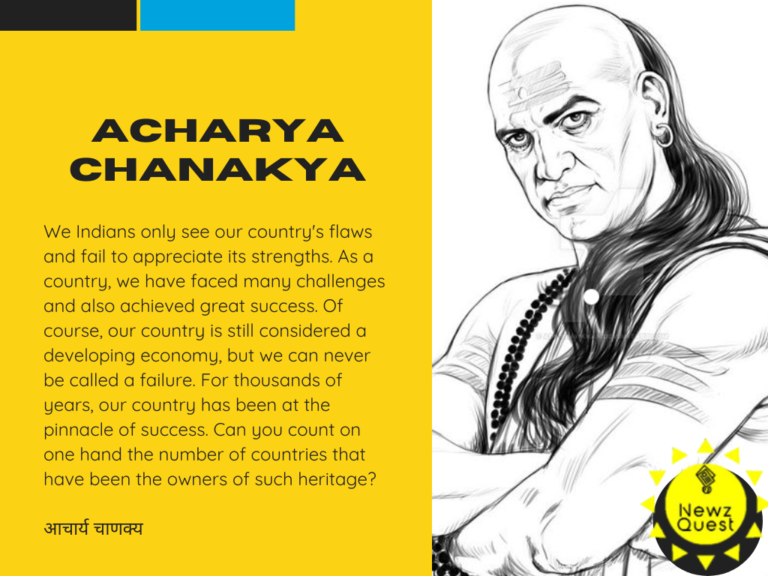
Today we will discuss leadership.
Strengths :
When it comes to strength, the desire to discover strength can be quite strong in order to dominate your rivals and various masters all at once.
Chanakya mentions strength case search as a war strategy, in response to which some foreign books, such as Sun Tzu’s The Art of War, are frequently cited by contemporary corporate management people.
Six out of the 15 books of Kautilya’s Arthashastra, India’s contribution, are notable for the art of war, its intensive campaign will reveal the factors helpful in building a true organisation, those factors helpful in strength. Describes the following:
1 intellectual ability
Means the power of knowledge – Today in the world, only those with this power are ahead; this is the indirect asset of any organisation; management gurus all over the world talk about the knowledge revolution that is taking place in this century.
Knowledge is the most valuable asset in the future, so it is not surprising that the world’s richest person is associated with such an industry, which is entirely knowledge-based.
Fans with the highest earnings are also evaluated based on their years of experience.
2 workers
The people who work in any organisation are its most valuable asset.
Internal and solution manpower are the two types of manpower. Employees, board directors, and shareholders make up the organization’s internal manpower.
External labour is the organization’s customer and supplier, and we exist because of them.
We should pay our full attention to the satisfaction of our customers, as Peter Doctor, who is called the father of management, says, “The purpose of marketing is to know and understand our customers so well that any product or service can be tailored to them. “Be yourself and sell yourself.”
- Financial Strength
The success of any organisation is dependent on its financial stability. A strong balance sheet is the criterion upon which the organization’s employees, shareholders, and claimants rely.
There is no such thing as success, according to Jack Weil. As a result, financial prosperity is critical. This enables the organisation not only to distribute profits, but also to embark on new projects and ideas in a variety of productive areas such as research and development. It also facilitates collaboration for social purposes.
- The power of zeal and morale
This is the most important consideration. Any leader who is enthusiastic and upbeat leads. Other factors may be obtained. According to research, the most productive organisations are those that are the most enthusiastic and hardworking.
You keep working on these factors its for sure going to improve your leadership skills and hone you with successful leadership qualities. @parashar
